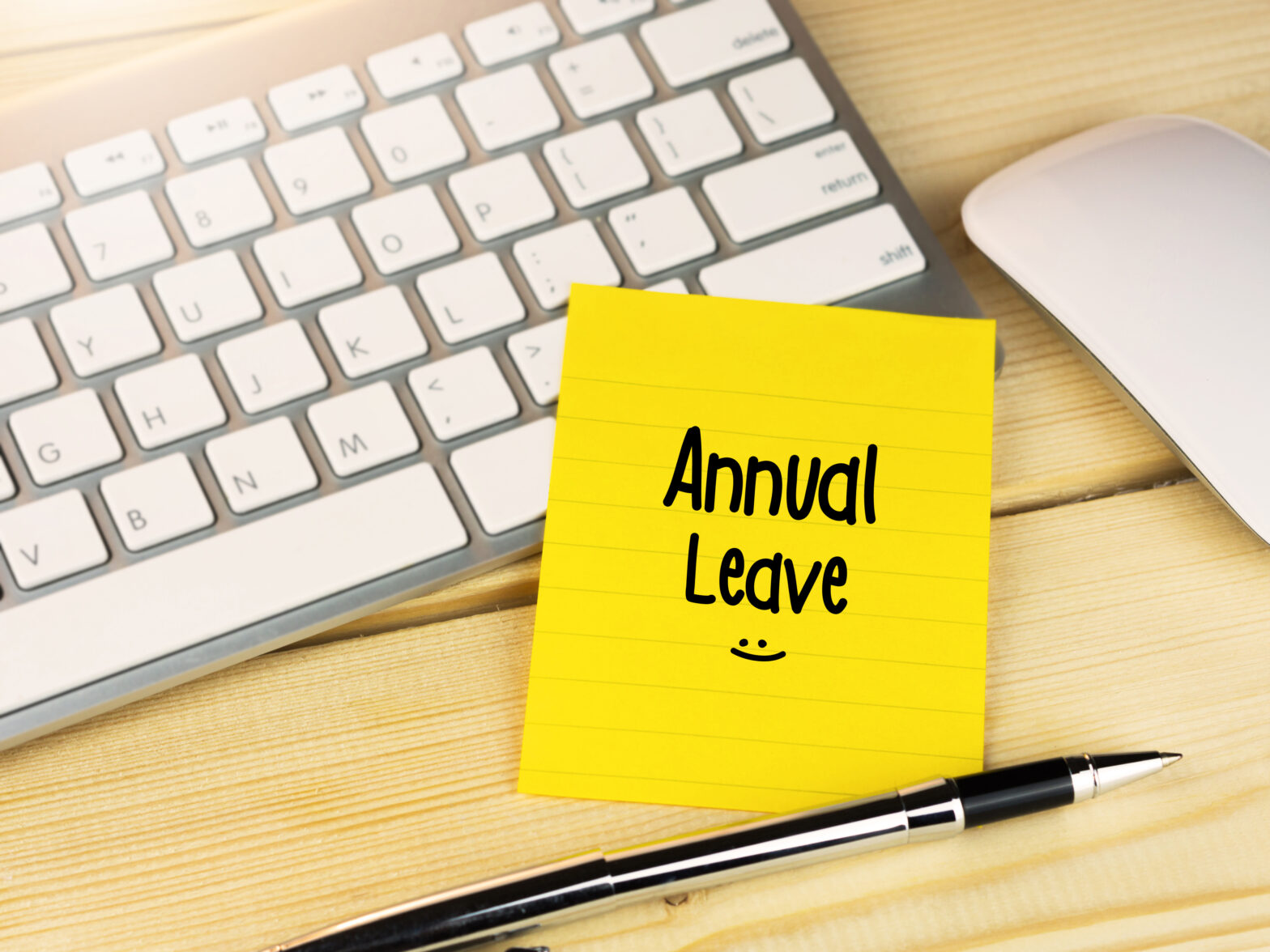I’ve paid an employee statutory sick pay (SSP) as he’s been off for two weeks and it is ongoing. However now he wants to take some of it as annual leave. Do I have to agree this as I have already run payroll, paid him and printed his payslip?
You don’t have to agree to him changing his SSP sick leave to annual leave, but it comes down to what works best for your business. All employees do have the right to request annual leave, but employers do not have to agree to this request. If it happened the other way around, for example the employee was to fall sick during a period of annual leave and produced a doctor’s note for the period of sickness, then they could convert the time to “sickness” rather than holiday. However, there is no legal obligation for this to work in reverse.
>See also: Do I have to pay staff who are self-isolating?
There are a variety of reasons why some employers would choose not to class sickness as holiday. Firstly, it means that employers can’t measure the frequency of sickness absence accurately. This could result in staff qualifying for things like bonuses (which they shouldn’t receive). It also fundamentally goes against the purpose of annual leave, which is for staff to take a break from work.
It’s important to be aware that while on sick leave, your employee will still accrue annual leave entitlement. This means if they are unable to take it during the leave year (due to ill health), you will be obliged to carry it over into the following year. This could have a significant impact on your business, so you will need to assess the nature of the sickness and estimate how long it is likely to continue.
>See also: Dismissing staff on long term sick leave
However, you might want to consider whether converting his sick leave to annual leave would benefit your business. For example, it might be beneficial for the employee to run down their leave as opposed to being off sick and then taking leave later on. You may also agree to it to help the employee financially if you know they are struggling. So, although you don’t have to agree to it, it’s worth considering whether it is better for you to say yes.
Alison King is managing director at Bespoke HR





